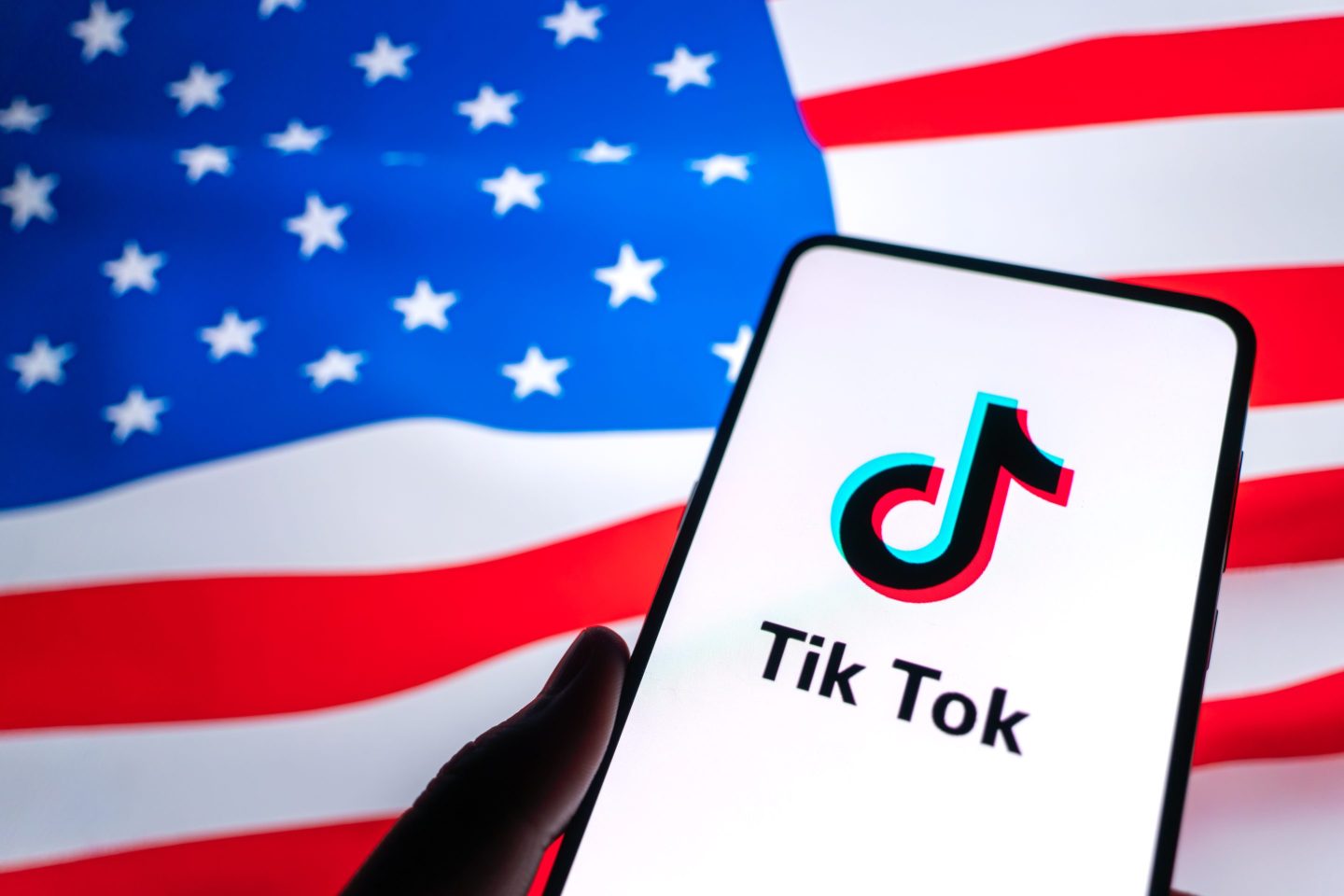With exits few and far between, limited partner capital is tied up, making it challenging for private equity firms to go back to market and raise new billion-dollar funds.
As a result, some buyout funds are reportedly using rolling closes to limit an investor’s ability to pull back their commitments. Carlyle Group asked for an extension to fundraise its $22 billion fund, according to the Financial Times. “This is one of the most challenging fundraising environments we’ve seen,” Jon Winkelried, CEO of TPG Capital, the $135 billion Fort Worth, Tex.-based private equity firm that went public just over a year ago, said in the company’s fifth-ever earnings call yesterday afternoon. He added he was “very pleased” with TPG’s conversations with LPs and satisfied with his private equity firm’s 2022 performance.
The private equity manager raised $30 billion in capital in 2022—47% more than 2021 levels—from limited partners, which included 60 new institutions and “broadened” commitments from 55 pre-existing LPs, Winkelried said. He also shared yesterday that it “held early first closures across all our flagship funds in the market.” The company is sitting on $43 billion in dry powder and $135 billion of AUM.
Even so, TPG is bracing for what could very well likely be another challenging year to raise capital in private equity: “As we look ahead, we are not immune to the fundraising challenges our industry is facing, which will continue to drive uncertainty as campaigns are completed among alternative asset managers,” he said.
While most venture capital and private equity firms can keep their fundraising woes to themselves, public PE shops have to explain to analysts and investors how they are planning around the private market’s new reality—putting TPG, which went public so recently, in the hot seat.
TPG CFO Jack Weingart said that he expects to extend the fundraising period for the firm’s flagship, capital, health care, Asia, and Rise funds “through the remainder of this year given ongoing challenges in the fundraising market.” He said he expected the first quarter to be “relatively light” as limited partners complete their due diligence, then speed up in the second and third quarters.
“It’s too early to tell if we’ll hit all of our targets, but we feel very good about the progress we’re making across all those funds,” Weingart said.
Meanwhile, TPG’s head of North American and Europe private equity, Todd Sisitsky, said he had gone on “several trips to Europe” to fundraise last year, particularly in the last quarter, and had 25 meetings with prospective investors in that region during 2022. “It feels like there’s a lot of untapped potential that we’re just starting to make some progress on,” he said. And Weingart highlighted the alternative manager was also looking at insurance companies and high-net-worth investors as a distribution channel for its funds.
Meanwhile, “Buyers and sellers seem to be taking another pause,” as they wait for some macroeconomic indicators to play out—such as interest rates, inflation, and a possible recession, according to Winkelried. Deals have slowed, there are “tighter financing conditions,” and valuations are falling, he said. “Since our IPO early last year, we’ve navigated markets with more disruption and volatility than we’ve seen in over a decade,” he said.
Even though TPG slowed down its investing pace last year, the firm is still seeing “pockets of opportunity,” including in health care and climate, and is building out a pipeline of companies it is interested in, according to Winkelried.
All of this is playing out in the numbers. While TPG emphasized its fundraising efforts, increasing management fees, and fund returns, it posted a net loss of $56.2 million for 2022 and a loss of $9.7 million in the fourth quarter. Fourth quarter revenue was $439.3 million—down more than 60% from $1.1 billion in 2021.
What remains to be seen for everyone: Whether 2023 will be much better.
See you tomorrow,
Jessica Mathews
Twitter: @jessicakmathews
Email: jessica.mathews@fortune.com
Submit a deal for the Term Sheet newsletter here.
Jackson Fordyce curated the deals section of today’s newsletter.
VENTURE DEALS
- Apkudo, a Baltimore-based supply chain automation company for connected devices, raised $37.5 million in Series C funding. Closed Loop Partners and Piper Sandler Merchant Banking co-led the round and were joined by MissionOG, Harbert Growth, Grotech Ventures, Lavrock Ventures, and Point Field Partners.
- Sending Labs, an Austin-based Web3 communications stack developer, raised $12.5 million in seed funding. Insignia Venture Partners, MindWorks Capital, and Signum Capital co-led the round and were joined by K3 Ventures, LingFeng Innovation Fund, UpHonest Capital, and Aipollo Investment.
- Stuf, a New York-based self-storage startup, raised $11 million in Series A funding. Altos Ventures and Allegion Ventures co-led the round and were joined by Wilshire Lane Capital, Harlem Capital, ANIM Fund, Palm Tree Crew, and Good Friends.
- Ledge, a Tel Aviv-based payments command center, raised $9 million in seed funding co-led by New Enterprise Associates, Vertex Ventures, FJ Labs, and Picus Capital.
- Hippo Video, a Newark, Del.-based interactive video platform for sales engagement, raised $8 million in funding. Dallas Venture Capital led the round and was joined by Alpha Wave Incubation, KAE Capital, and Exfinity Venture Partners.
- Morphoceuticals, a Boston-based limb regeneration biotechnology company, raised $8 million in seed-2 funding co-led by Prime Movers Lab and Juvenescence.
- Axion Ray, a San Francisco-based product integrity intelligence platform, raised $7.5 million in seed funding. Amplo and Inspired Capital co-led the round and were joined by Boeing, Tinicum Venture Partners, General Motors, and others.
- Natural Cycles, a New York- and Stockholm-based women’s health company, raised $7 million in funding. Samsung Ventures led the round and was joined by Heartcore Capital, Headline, Bonnier Ventures, and EQT Ventures.
- Procyon, a Santa Clara, Calif,.-based multi-cloud privilege access management solution provider, raised $6.5 million in funding. Lobby Capital led the round and was joined by GTM Capital and First Rays Venture Partners.
- Nanite, a Boston-based non-viral gene delivery company, raised $6 million in funding. Zetta Ventures led the round and was joined by Arkitekt Ventures.
- RIVET, a Detroit-based software company, raised $5.6 million in seed funding. Defy.vc led the round and was joined by Augment Ventures, Detroit Venture Partners, Michigan Rise, IDEAL Industries, and other angels.
- Ottometric, a Newton, Mass.-based ADAS validation company, raised $4.9 million in seed funding. Rally Ventures led the round and was joined by Goodyear Ventures, Proeza Ventures, Automotive Ventures, and others.
- Suite Studios, a Boulder, Colo.-based post-production workflow platform, raised $3.5 million in seed funding. Bonfire Ventures led the round and was joined by Range Ventures and others.
PRIVATE EQUITY
- Igneo Infrastructure Partners acquired US Signal Company, a Grand Rapids, Mich.-based data center and network solutions provider. Financial terms were not disclosed.
- Lorom Holding Co., backed by Cornell Capital, acquired Segue Manufacturing Services, a North Billerica, Mass.-based contract electronics manufacturer. Financial terms were not disclosed.
- Vivify Specialty Ingredients, backed by Gryphon Investors, acquired Reitech Corporation, a Reading, Pa.-based pigment dispersions manufacturer. Financial terms were not disclosed.
FUNDS + FUNDS OF FUNDS
- Camber Creek, a Washington, D.C.-based venture capital firm, raised more than $100 million for a fund focused on real estate technology.
PEOPLE
- Cherry Ventures, a Berlin-based venture capital firm, hired Jasper Masemann as an investment partner. Formerly, he was with HV Capital.
- Coalesce Capital, a New York-based private equity firm, hired Bethany Foullois as COO and CCO. Formerly, she was with LNK Partners.
This is the web version of Term Sheet, a daily newsletter on the biggest deals and dealmakers. Sign up to get it delivered free to your inbox.












